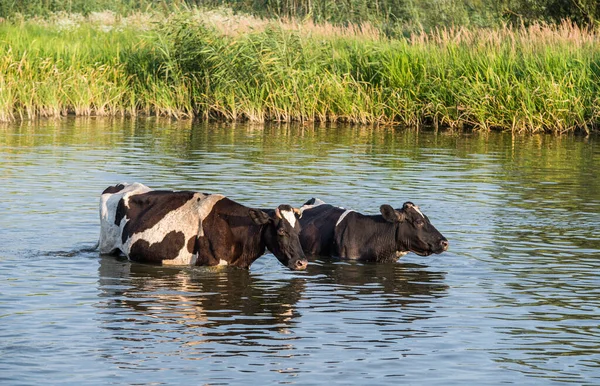The government, through the Kerio Valley Development Authority (KVDA), has launched several water projects in Masol, Pokot Central, as part of efforts to address cattle rustling and reduce border conflicts in the North Rift region.
Speaking during the launch, KVDA Managing Director Dr Sammy Naporos highlighted the significance of the Kalas and Amuto water points and the Selenka water pan.
He noted that these initiatives would help mitigate frequent conflicts between the Pokot and Turkana communities, which often arise from competition for water resources at River Kerio.
“These water points along the border of Masol in West Pokot will play a critical role in peacebuilding and fostering coexistence between the warring communities,” said Naporos.
He added that the projects, funded at a cost of Ksh 80 million, are expected to benefit over 5,000 households and provide water for more than 30,000 livestock.
Dr. Naporos thanked the National Assembly for allocating funds to support projects in neglected and remote areas, underscoring the importance of development in promoting stability.
KVDA Board Chair Mark Chesergon emphasized the government’s commitment to drought mitigation as a long-term strategy to combat banditry and cattle rustling.
“These initiatives are not just about water provision but are key to restoring peace and addressing the root causes of insecurity in volatile areas,” Chesergon stated.
Sigor MP Peter Lochakapong, who was present at the launch, described the water projects as a milestone for both the locals and neighbouring Turkana County residents.
He noted that Masol ward had suffered decades of banditry and cattle rustling, leading to mass migration. With the new developments, he encouraged displaced residents to return home.
“This initiative is reducing migration by herders in search of water and pasture, which has historically been a source of conflict,” Lochakapong said. He also commended KVDA for prioritizing the region and revealed ongoing efforts to rebuild Masol through improved security, schools, and road infrastructure.
Local residents expressed their gratitude for the government’s intervention. Julius Loparar and Chebesebei Longura shared how they previously travelled 20 to 25 kilometres in search of water.
“Now, we have water closer to us, and life is becoming easier,” said Loparar.
Amoler Assistant Chief Daniel Ptios echoed these sentiments, highlighting how the water projects will reduce tensions by enabling livestock to graze near the new water points rather than travelling to River Kerio, a hotspot for conflict and raids.
“Women and children, who bore the burden of fetching water from faraway sources, are now relieved,” Ptios added.
The projects are seen as a critical step in promoting sustainable peace and improving livelihoods in the North Rift, paving the way for further development in the once-volatile region.





